Hip liposuction may bring risks such as infection, unevenness, and fat embolism. Strict postoperative care and adherence to proper hospital selection, scientific postoperative care, reasonable diet, and exercise can reduce risks and promote recovery.
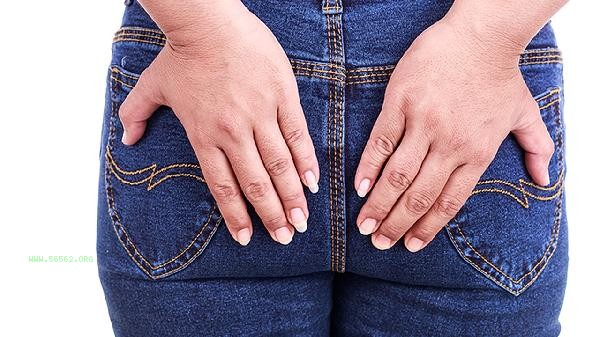
1. Risk of infection. Hip liposuction is an invasive surgery, and incomplete disinfection or improper postoperative care during the surgery may lead to infection. The symptoms of infection include redness, swelling, pain, fever, etc. In severe cases, it may lead to sepsis. After surgery, it is necessary to keep the wound clean, take antibiotics on time, avoid vigorous exercise, and prevent the wound from splitting. If symptoms of infection occur, seek medical attention promptly.
2. The skin is uneven. Improper operation or uneven fat extraction during liposuction may result in uneven skin surface. This situation often occurs in the early postoperative period and may improve over time, but some people may persist for a long time. After surgery, skin can be restored to smoothness through massage, wearing shapewear, and other methods. If the effect is not satisfactory, secondary repair surgery may be considered.
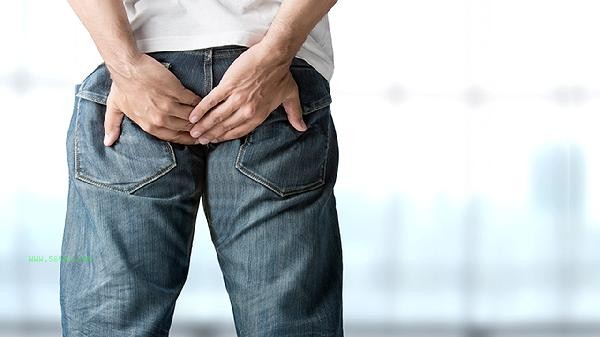
3. Fat embolism. If fat particles enter the blood vessels during liposuction, it may cause fat embolism, which is a rare but serious complication. Fat embolism may cause symptoms such as difficulty breathing, chest pain, and blurred consciousness, which can be life-threatening in severe cases. A comprehensive physical examination should be conducted before surgery to ensure normal coagulation function. After surgery, it is necessary to closely observe the physical condition. If any abnormal symptoms appear, medical attention should be sought immediately.
4. Postoperative recovery issues. After liposuction of the buttocks, discomfort symptoms such as swelling, bruising, and pain may occur, which usually gradually subside within a few weeks. After surgery, attention should be paid to rest, avoiding prolonged sitting or vigorous exercise to prevent worsening discomfort. Hot or cold compress can be applied appropriately to relieve swelling and pain. Spicy and stimulating foods should be avoided in diet, and more protein and vitamin rich foods should be consumed to promote wound healing.
5. Long term effects and psychological impacts. Although hip liposuction can quickly improve body shape, if diet and exercise are not taken care of after surgery, fat may accumulate again, leading to a rebound in effectiveness. Some people may be dissatisfied with the postoperative results and experience psychological pressure. After surgery, a scientific diet and exercise plan should be developed to maintain a healthy lifestyle. If you have doubts about the effectiveness, you can communicate with a doctor and seek psychological support or further adjustments. Hip liposuction is a surgery that requires caution, and choosing a reputable hospital and experienced doctors is crucial. After surgery, strict adherence to medical advice, scientific nursing, reasonable diet and exercise are necessary to effectively reduce risks and achieve ideal results. At the same time, maintaining a positive attitude and viewing surgical outcomes correctly is also an important part of postoperative recovery.
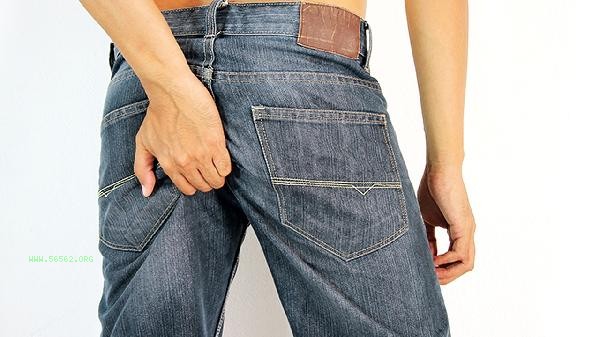

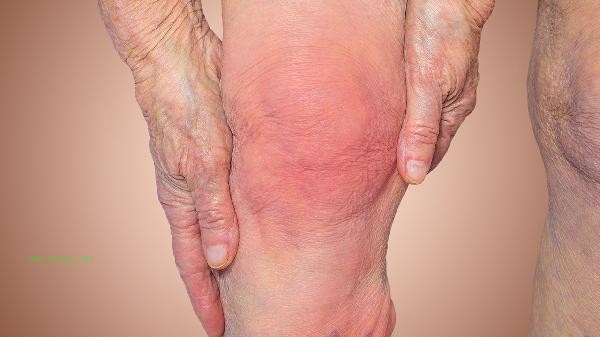
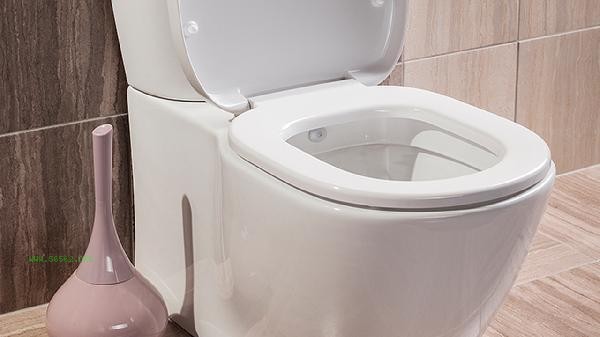
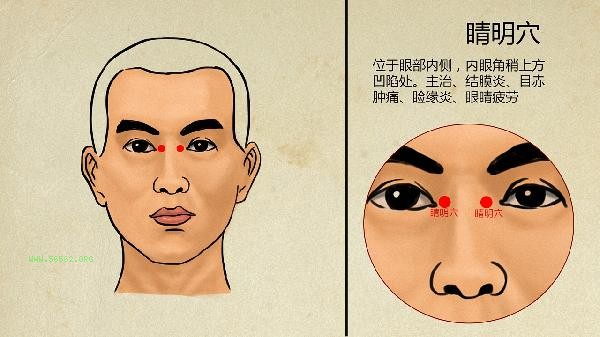
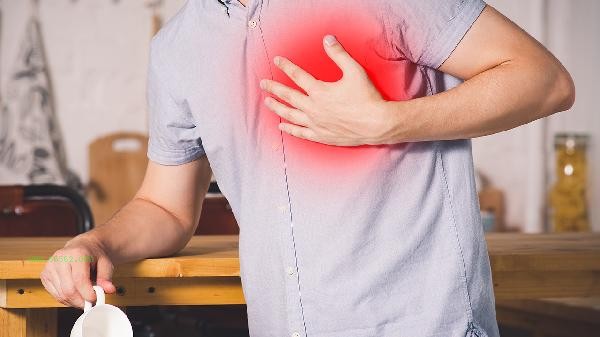
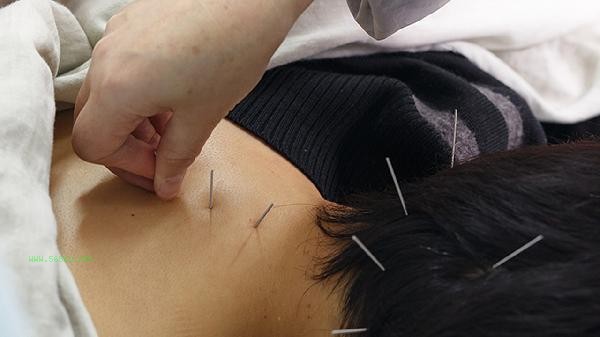



Comments (0)
Leave a Comment
No comments yet
Be the first to share your thoughts!